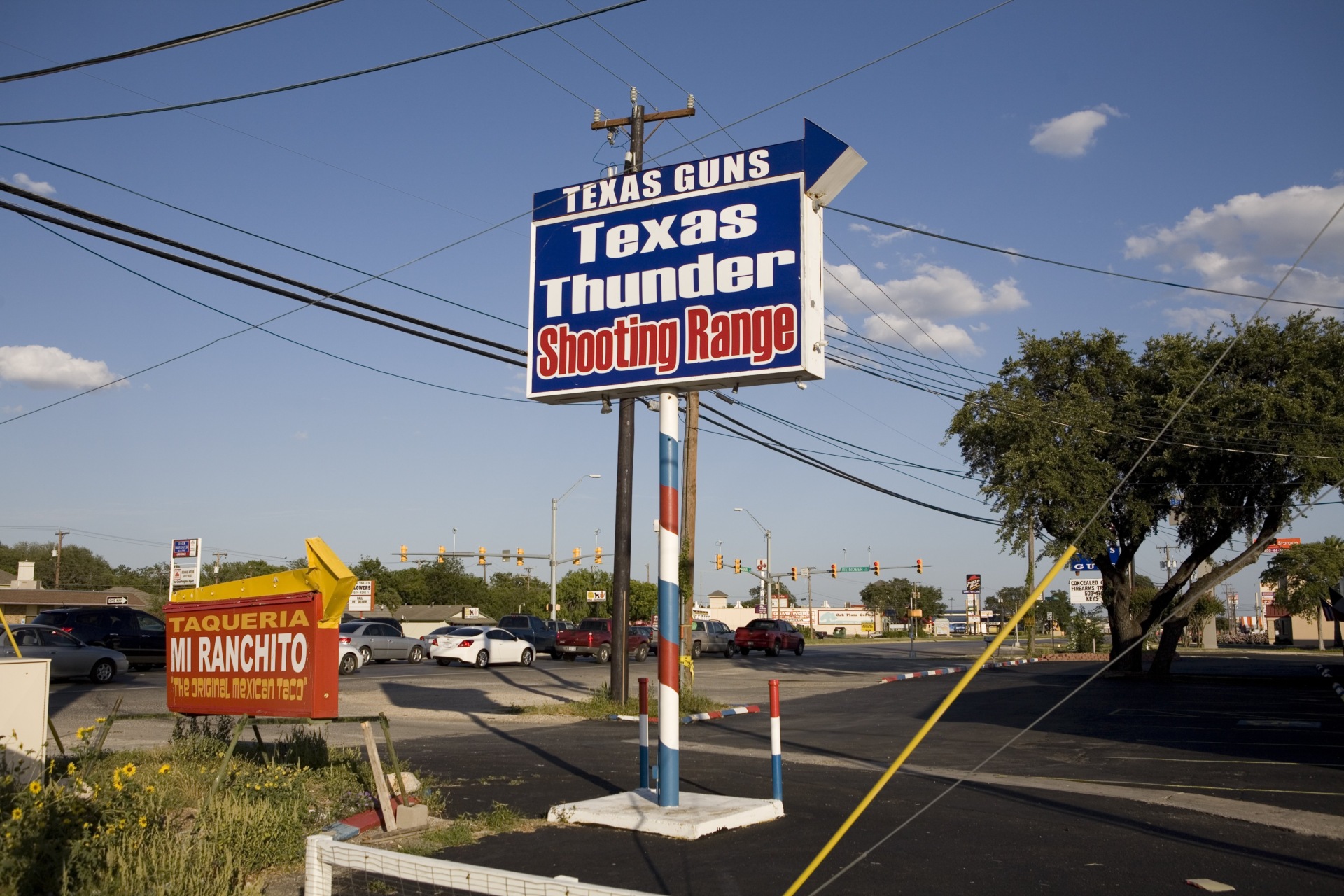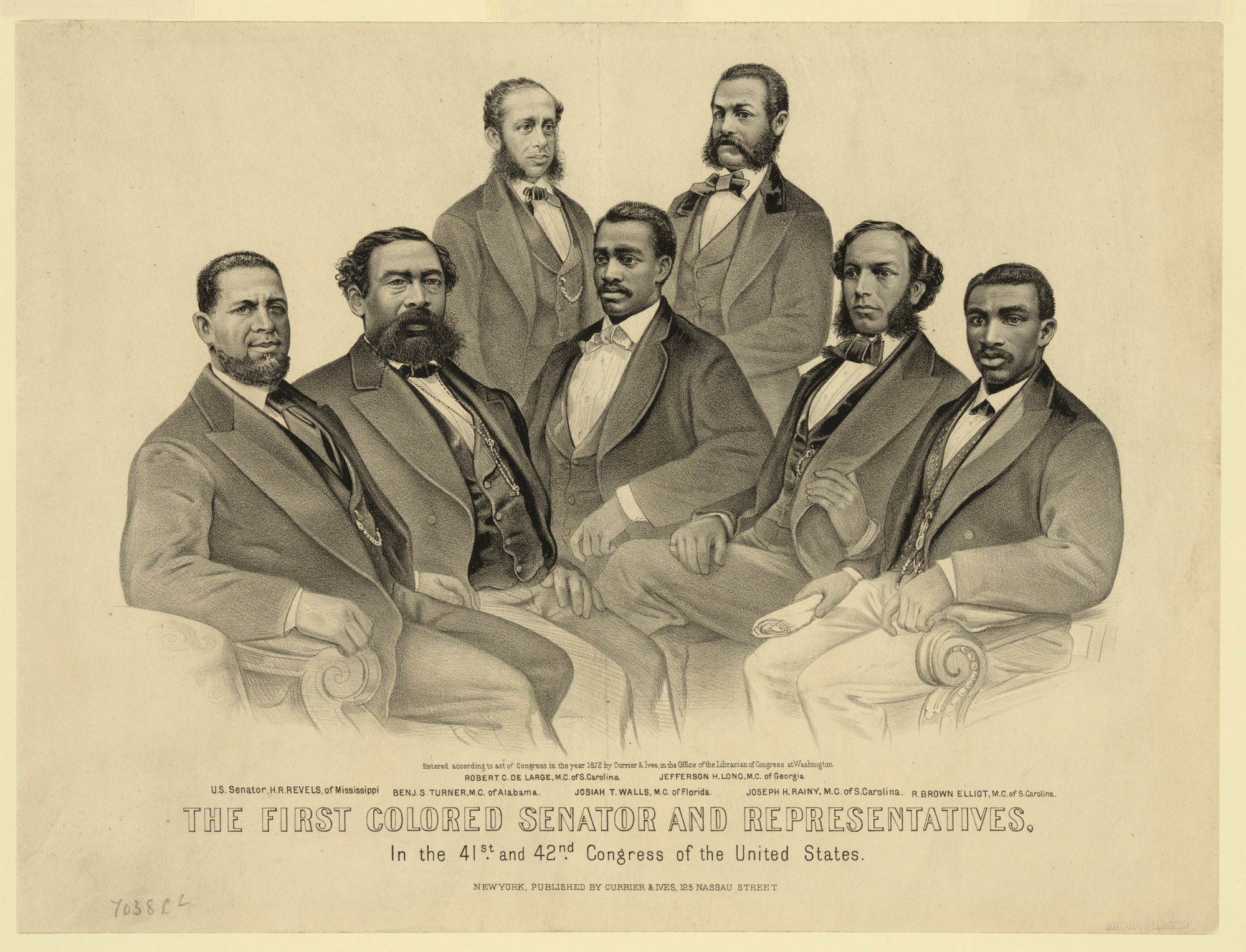
U.S. Supreme Court Ruling on Mexico’s Lawsuit Against Gun Manufacturers

Overview of the Supreme Court Decision
On June 5, the U.S. Supreme Court unanimously ruled in Smith & Wesson Brands Inc., et al. v. Estados Unidos Mexicanos that Mexico’s lawsuit against seven U.S. gun manufacturers and one distributor is barred by immunity under the Protection of Lawful Commerce in Arms Act (PLCAA). This ruling reversed a previous decision by the U.S. Court of Appeals for the First Circuit that had allowed some of Mexico’s claims to proceed.
The Court held that Mexico did not plausibly allege that the gun manufacturers aided and abetted unlawful sales of firearms to Mexican traffickers, remanding the case to the U.S. District Court of Massachusetts for further proceedings.
Significance for Sustainable Development Goals (SDGs)
- SDG 16 (Peace, Justice, and Strong Institutions): The ruling highlights the challenges in holding corporations accountable for their role in arms trafficking, which affects peace and security in Mexico.
- SDG 3 (Good Health and Well-being): Reducing illegal arms flow is critical to decreasing violence-related injuries and deaths.
- SDG 17 (Partnerships for the Goals): The case underscores the need for international cooperation between the U.S. and Mexico to address arms trafficking.
Background and Procedural History
Context of Arms Trafficking
- Mexico estimates that approximately 200,000 firearms are smuggled annually from the U.S. as of 2021.
- U.S. investigations estimate between 250,000 and 1 million weapons trafficked yearly into Mexico by cartels.
- ATF data shows crime guns recovered in Mexico often originate from U.S. states bordering Mexico: Arizona, California, New Mexico, and Texas.
Legal Claims and Proceedings
- Mexico filed its original complaint in 2021, alleging that gun manufacturers aided and abetted traffickers through negligent manufacturing, marketing, and distribution practices.
- The complaint estimated over $170 million worth of trafficked guns annually from the defendants alone.
- The PLCAA generally grants immunity to gun manufacturers but includes a predicate exception for knowingly violating laws related to sale or marketing.
- Mexico argued that manufacturers knowingly sold guns through channels feeding the illicit market.
- Initial district court ruling barred most claims; however, the First Circuit allowed some claims to proceed in January 2024.
- The Supreme Court granted certiorari in October 2024 and issued its ruling in June 2025.
Aiding and Abetting Analysis
Mexico’s Allegations
Mexico alleged that manufacturers and distributors knowingly supplied firearms to straw purchasers and criminals, actively participating in cartel violence by supplying “red-flag” sellers.
Supreme Court’s Findings
- The Court found Mexico failed to plausibly allege specific instances of aiding and abetting by manufacturers.
- It emphasized that aiding and abetting requires active, culpable participation, not mere negligence or indifference.
- Routine or incidental conduct does not meet the threshold for aiding and abetting liability.
- The Court noted the complaint lacked details on specific criminal transactions involving manufacturers.
Legal Principles Applied
- Aiding and abetting is a form of secondary liability requiring misfeasance.
- Manufacturers’ passive nonfeasance does not constitute aiding and abetting.
- Liability requires “pervasive, systemic, and culpable assistance.”
Contrasting First Circuit Opinion
The First Circuit had concluded that awareness of downstream trafficking and continued sales could constitute aiding and abetting. The Supreme Court, however, required more concrete allegations of active participation.
Implications for Future Litigation and SDGs
Guidance on Plausible Claims
- Future claims must detail the relationship between manufacturers and reckless or criminal dealers two levels down the supply chain.
- Identification of specific dealers involved in illegal transactions is necessary.
- Evidence that manufacturers or distributors regularly acquire and respond to information about illegal sales is critical.
Mexico’s Response and Ongoing Efforts
- Mexico’s government expressed disagreement with the decision and committed to continuing legal and diplomatic efforts to curb arms trafficking.
- Support from Mexican senators encourages ongoing litigation and accountability measures.
- Mexico pursues a separate lawsuit in Arizona targeting firearms dealers allegedly involved in trafficking.
SDG Relevance
- SDG 16: The ruling and ongoing litigation emphasize the importance of strengthening institutions to combat illicit arms trafficking and organized crime.
- SDG 3: Addressing arms trafficking contributes to reducing violence and improving public health outcomes.
- SDG 17: The case highlights the necessity of cross-border partnerships and legal frameworks to achieve sustainable peace and security.
Conclusion: Pathways to Accountability and Corporate Responsibility
Although Mexico’s claims were dismissed, the Supreme Court clarified that gun manufacturers do not enjoy blanket immunity. Aiding and abetting liability remains viable if active and culpable participation in arms trafficking is demonstrated.
The lawsuit has important deterrent effects, encouraging small U.S. retailers—responsible for approximately 83% of crime guns traced to Mexico—to reassess business practices and mitigate legal risks.
Ultimately, Mexico’s legal action has shifted the discourse on corporate responsibility for wrongful arms sales, advancing the goals of peace, justice, and strong institutions under the Sustainable Development Goals.
1. Sustainable Development Goals (SDGs) Addressed or Connected
- SDG 16: Peace, Justice and Strong Institutions
- The article discusses issues related to arms trafficking, organized crime, and legal accountability, which are directly linked to promoting peaceful and inclusive societies, reducing violence, and strengthening justice systems.
- SDG 3: Good Health and Well-being
- The trafficking of firearms contributes to violence and injuries, impacting public health and safety.
- SDG 17: Partnerships for the Goals
- The article highlights cross-border legal and diplomatic efforts between Mexico and the U.S., reflecting international cooperation to address arms trafficking.
2. Specific Targets Under Those SDGs Identified
- SDG 16 Targets:
- Target 16.1: Significantly reduce all forms of violence and related death rates everywhere.
- Target 16.3: Promote the rule of law at the national and international levels and ensure equal access to justice for all.
- Target 16.4: By 2030, significantly reduce illicit financial and arms flows, strengthen the recovery and return of stolen assets, and combat all forms of organized crime.
- SDG 3 Target:
- Target 3.6: By 2020, halve the number of global deaths and injuries from road traffic accidents (relevant as a proxy for reducing injuries and deaths from violence including firearms).
- SDG 17 Target:
- Target 17.16: Enhance the global partnership for sustainable development, complemented by multi-stakeholder partnerships that mobilize and share knowledge, expertise, technology, and financial resources.
3. Indicators Mentioned or Implied to Measure Progress
- Indicator 16.1.1: Number of victims of intentional homicide per 100,000 population, by sex and age.
- Implied through discussion of violence related to arms trafficking and cartel violence in Mexico.
- Indicator 16.4.2: Proportion of seized, found or surrendered arms whose illicit origin or context has been traced or established by a competent authority in line with international instruments.
- The article references tracing data from the Bureau of Alcohol, Firearms, Tobacco and Explosives (ATF) showing the origin of crime guns recovered in Mexico.
- Indicator 16.3.2: Unsentenced detainees as a proportion of overall prison population.
- Implied in the context of legal proceedings and accountability mechanisms discussed in the lawsuit.
- Indicator 17.16.1: Number of countries reporting progress in multi-stakeholder development effectiveness monitoring frameworks that support the achievement of the sustainable development goals.
- Implied through international legal cooperation and diplomatic efforts between Mexico and the U.S.
4. Table of SDGs, Targets, and Indicators
| SDGs | Targets | Indicators |
|---|---|---|
| SDG 16: Peace, Justice and Strong Institutions |
|
|
| SDG 3: Good Health and Well-being |
|
|
| SDG 17: Partnerships for the Goals |
|
|
Source: justsecurity.org







